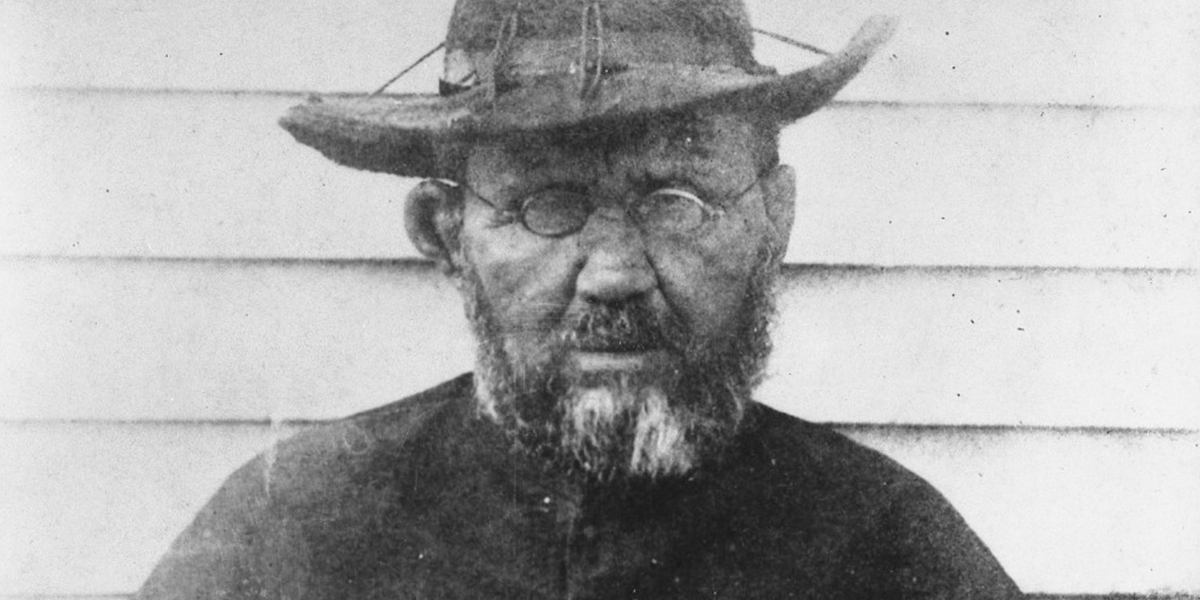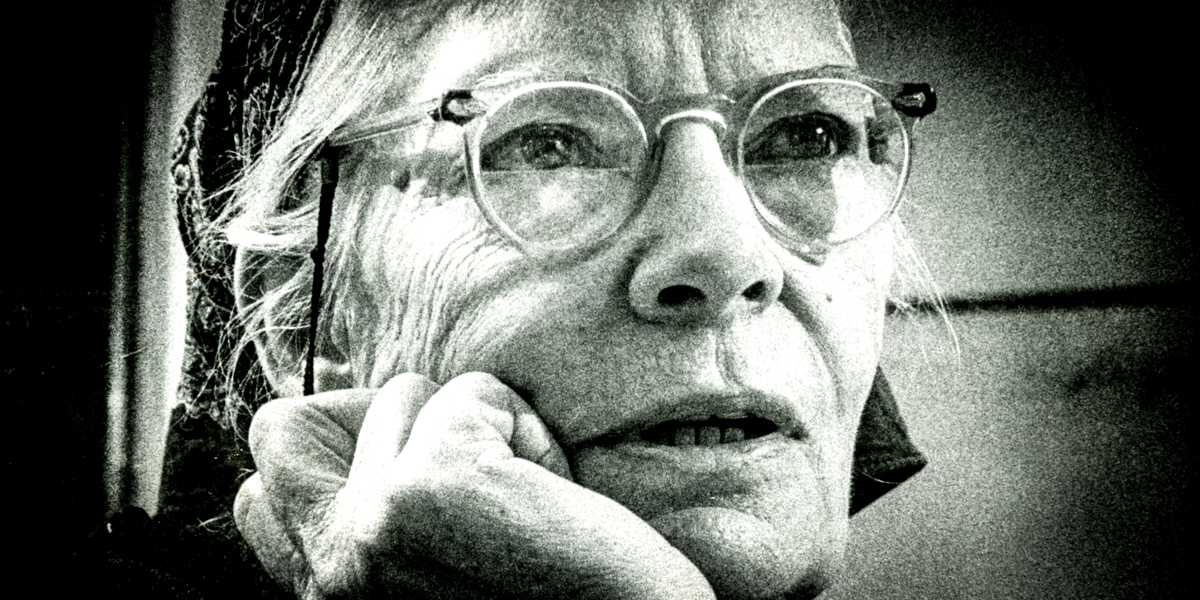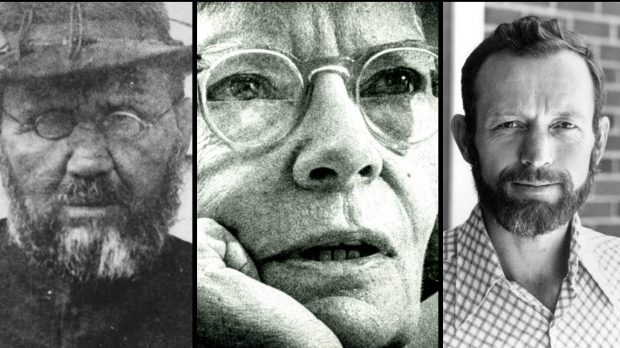Nearly 10 years ago, when Proposition 8 was roiling California in 2008, a group of Evangelical Christians decided to make a weekly trip into the Castro section of San Francisco, and preach to the gay community there.
Unsurprisingly this did not go as well as they had hoped. After enduring a few weeks of people riding into their neighborhood from someplace else and standing on the curb with signs, songs, and scripture, the gay community had enough and, in a rather ugly confrontation that covered no one with glory, they chased the Christians away.
One understands what the Christians wanted to do, and no doubt with the best of intentions.
One also understands why the gay community resented, rather than welcomed, them. No one wants to be judged by strangers who show up, holler about Jesus, and then go home to their own sins.
I have always thought that it was this sort of proselytizing Pope Francis was talking about when, in 2013, he called it “solemn nonsense,” and he was correct to. Confronting people as walking categories of sin quickly communicates that one is only a unit of fault and failure. It says that their inherent, God-begotten worth and loveableness is a peripheral thing, only recognized and honored once all the sinning has stopped, contrition has been expressed and appropriate penances have been completed.
Proselytizing tries to make people jump into holiness in order to get Jesus, which entirely contradicts Jesus’ own example, because it is not Incarnational. It has nothing in common with the example set by the Word when he condescended to join humanity and “set his tent among us” — not near humanity, but still apart; not above humanity, overseeing it, but among and with and in commonality with us.
Jesus went to people — and let them come to him — and once they found him, people wanted the holiness they saw embodied in him. Sharing in that holiness meant staying bound to Christ in such a profoundly hopeful, consoling and enlightening way that even apart from him — even living in a different place, even living in a different time — the connection held, even unto death.
With this in mind, it’s been heartening to read the dispatches of Fr. Aquinas Guilbeau, O.P., who is writing from the Catholic Convocation, in Orlando. In both his recap of the opening day and his interview with EWTN Radio personality Gloria Purvis, it becomes very clear that this #CatholicConvo is all about a mission of evangelization, which is — as Archbishop Joseph Kurtz tells Father Aquinas — “to experience Christ and to witness to Christ.”
Incarnational Evangelization happens when Christian men and women leave the comfortable places — as the Word proceeded from the Father — to set a tent among the “others”, and live closely with them. It meets the “others” where they are at, and learns their names and their stories. It talks with them, eats with them, laughs and cries with them, helps to birth them and, if necessary, to bury them.
It is first and foremost about service to the “other” and to Love. Which is God.
Read more: What was #CatholicConvo actually about? Well, hold on to your hats!
All of this used to be natural to Catholicism, back when Incarnational Evangelization went by another, simpler, name: Mission.

The Catholic church is and always has been a missional church; her growth was forged and underpinned by the strength of her missionaries who went into places where people had never heard of Jesus Christ and then served them, loved them, laughed and cried with them, knew them and could call them by name. Catholic missionaries set their tent among the people who had never met Christ, and brought Jesus to them one day at a time.
One meal at a time.
One genial, respectful discussion at a time.
Incarnation is a process. Between the first sin at Eden and the Nativity of the Lord, thousands of years had to pass as God courted his stiff-necked creatures, and made straight the paths of readiness. Then, the Great Missionary, Christ himself, left the place of his origin and came and ate with us and talked and loved us, and laughed and cried with us and served us and died for us.
We are, in every age, called to be a missional church. Catholic missionaries used to head for the jungles, seeking to serve people who had never heard of Christ. Now, we must head into the jungle of confused popular culture and idols, and relative morality and social and sexual deconstruction. And there we must set our tents, and meet and serve the people who do not know Jesus Christ.
“One doesn’t begin to be a Christian because of an ethical decision or a great idea, but rather because of an encounter with an event, with a Person, who gives new horizons to life, and with that, a decisive orientation. The evangelization of the person and of human communities depends totally on this encounter with Jesus Christ.” — Pope Benedict XVI
The mission today is to go to people who have perhaps heard the name of Jesus 1,000 times a day, but never interiorly. Perhaps they have seen Jesus off in the distance, once or twice, but never up-close. Perhaps they have met others who confessed his name, but poorly, and the encounter convinced them that Christ was an empty idea, irrelevant to the satisfaction of their desires which — if they only knew it — are not strange but the desires of every human heart: to be fully seen, fully known, and fully beloved.
To be called by name, and to hear “it is good that you exist.”
As I have said before, that message is so important, because a Truth that sees our existence as “good” is a Truth we want to know better.
The Catholic church is charged to bring the peace of Christ and the authentic love of Christ to the world through the Word, and through the sacramental agency bestowed upon her by Christ. How do we bring those sacraments to people who have no knowledge of Christ, beyond the name — who have no interest in Christ because he has been so poorly taught? How do we feed his sheep, as we are bound to do, with his Flesh and Blood when they neither want nor understand what is contained within it?
The mission is to a people who have never felt the force of a holiness so authentic that it inspires them to draw nearer to Jesus, the Great Pearl, and abandon their former choices in order to wholly know and possess him for eternity.

The great message and invitation of #CatholicConvo is that we have to put on the mindset of mission, once again, and be willing to meet people where they are: in an ersatz marriage; in a broken and half-mended family; in a bitter mood of entitlement; in the distracting noise of willful mindlessness; in a parade. We have to begin the process of Incarnation, living among them, learning their stories, eating and laughing and mourning with them. Never compromising, yet calling them by name. In this way — same as it ever was — they will see Christ Jesus, and want his Light. They will seek the bond, and the sacramental means of sustaining it, and then what had been a keening emptiness, crammed with what does not satisfy, will become filled and completed.
This is the Way.
The Incarnational Way is the Catholic Way.
It is the Way of the One. The Way of the Holy. The Way of the Apostolic.
It is the only way.
Let us pray for everyone at the #CatholicConvo, that the evangelical mission with which they are being charged bears much good fruit!

